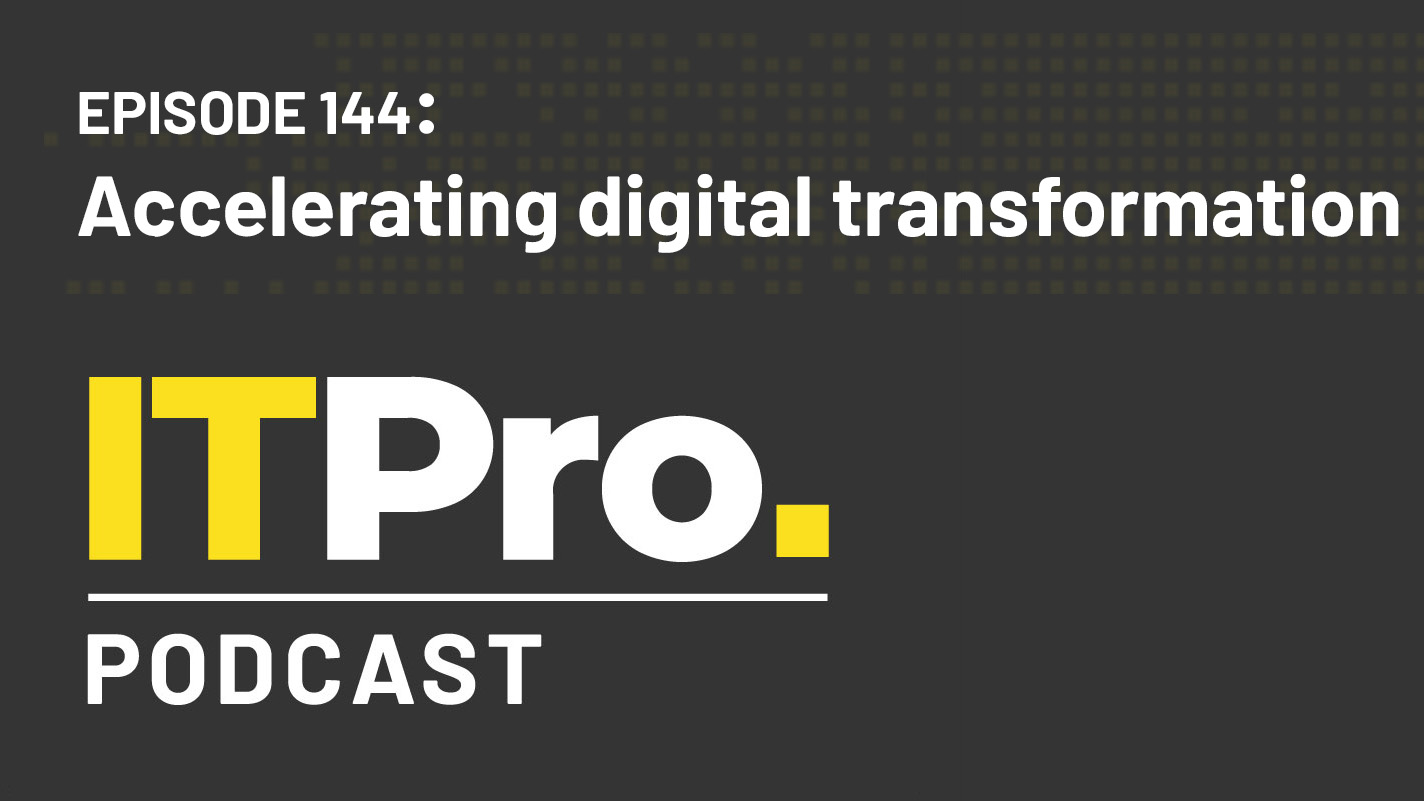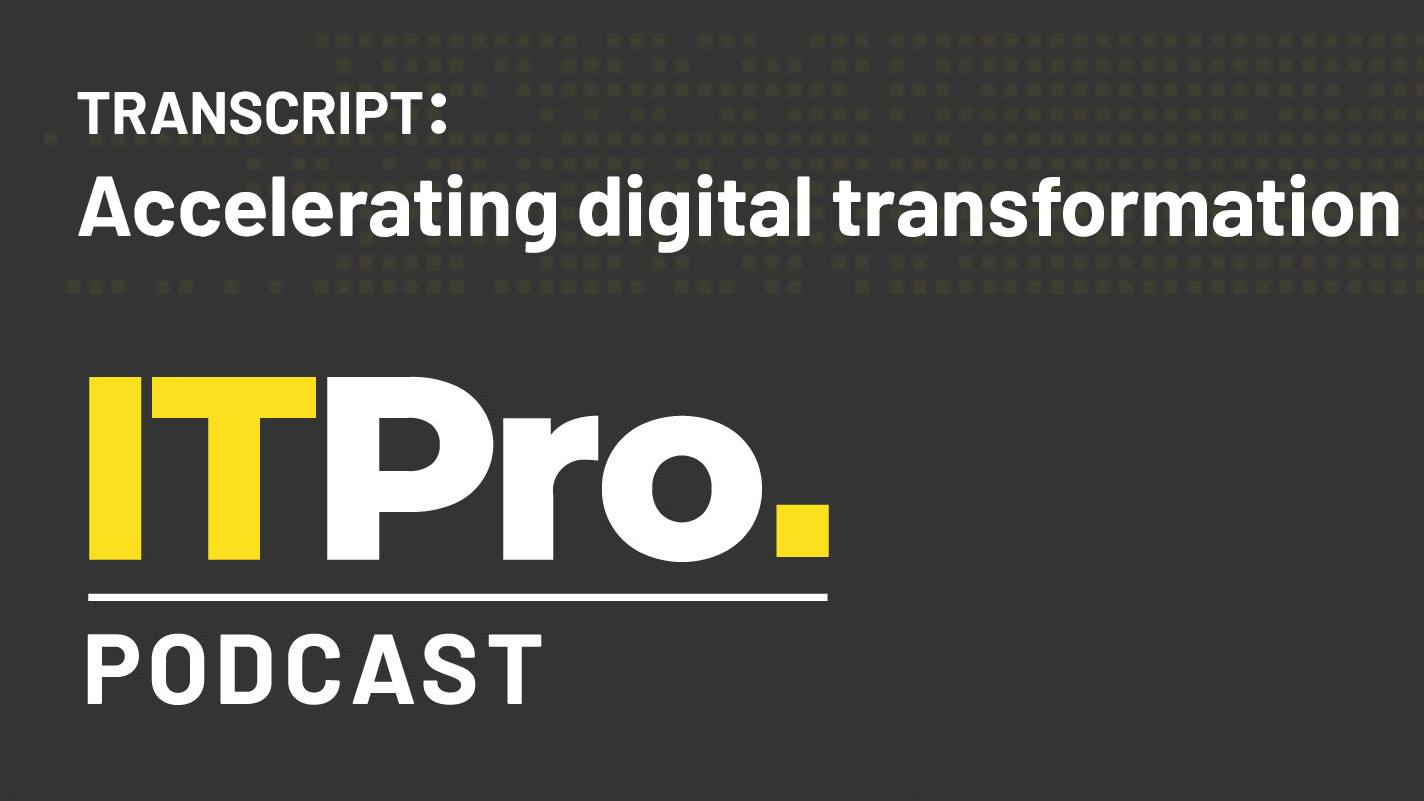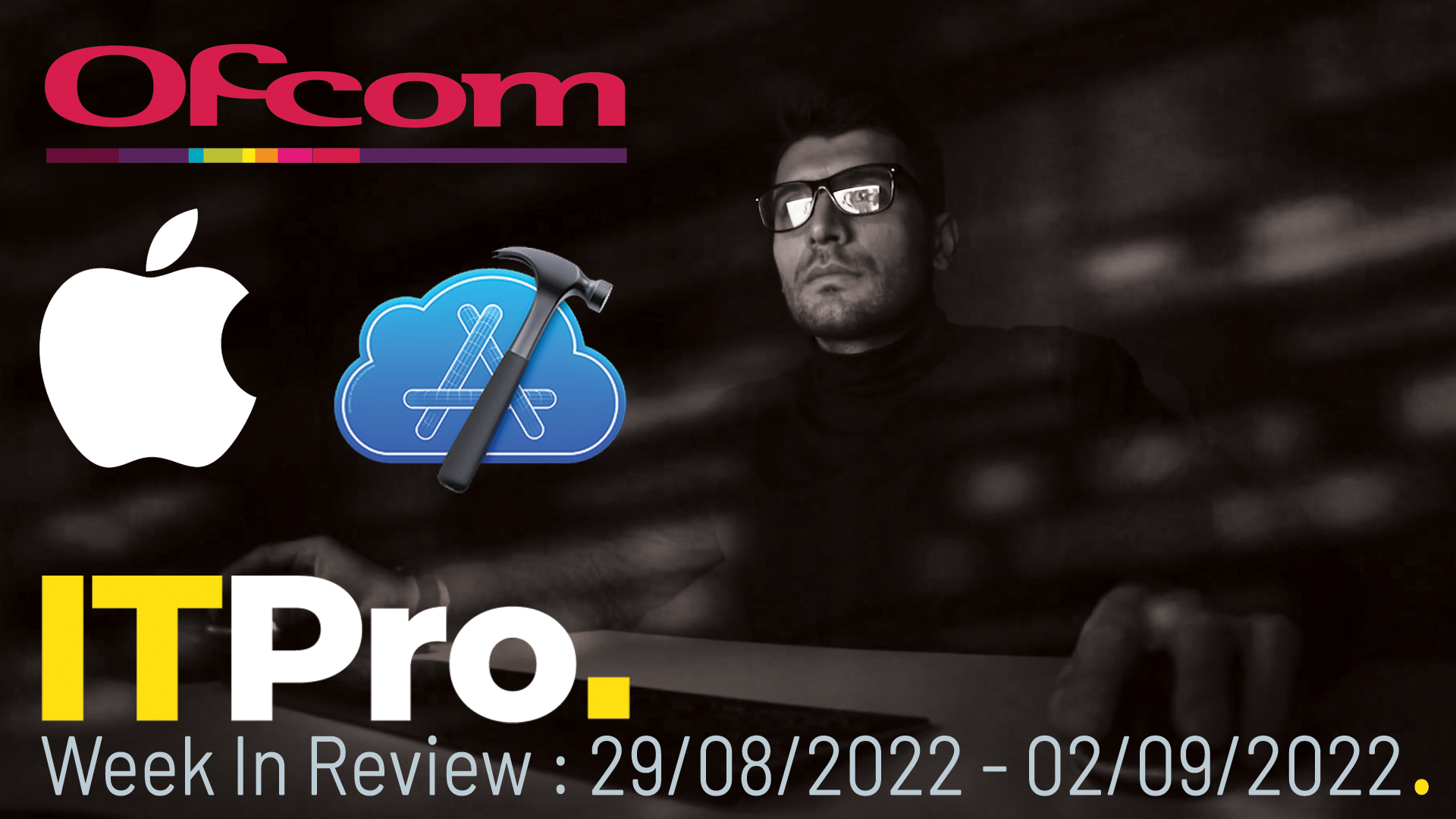What does the CIO do about the CDO?
What does the emergence of the CDO mean for the CIO? Mark Samuels takes a look...


The Doctor's Surgery: It has been a tough few years for CIOs, with many industry commentators spending a great deal of time discussing the demise of the traditional IT leader. But fascination with the impending death of the CIO has recently been usurped by interest in the birth of a new executive, the chief digital officer (CDO).
This new C-level executive is being charged with ensuring the business takes advantage of the emergence of digital technology and the associated information explosion. Analyst firm Gartner estimates as many as 25 per cent of organisations will have a CDO by 2015.
Businesses yet to appoint a CDO are not necessarily backwards. Digital success might be a crucial objective but it is also a tricky target to hit. The CDO role remains a niche executive role centred on blue-chip media organisations and forward thinking firms in the public and private sector.
So, does your organisation need a dedicated CDO? More to the point, what does the rise of the digital executive mean for the CIO? One simple fact that can help explain the rise of the CDO is the inexorable increase in information.
Big data remains a buzz phrase beloved by marketing departments and loathed by CIOs, but no one can doubt that modern organisations are swamped by structured and unstructured data. Estimates suggest 90 per cent of the world's data has been generated in the past two years.
Attempting to discover trends from this flood of information is seen as an organisational priority. The CIO, who has traditionally focused on operational concerns, might not be perceived as the person best placed to create intelligence from the morass of digital data.
It is this belief that has spurred calls for the appointment of CDOs. However, an element of caution is necessary. Digital might be the trend of the moment but I'm not sure every business needs a dedicated CDO. At least not straightaway.
Businesses yet to appoint a CDO are not necessarily backwards. Digital success might be a crucial objective but it is also a tricky target to hit. The CDO role remains a niche executive role centred on blue-chip media organisations and forward thinking firms in the public and private sector.
Get the ITPro daily newsletter
Sign up today and you will receive a free copy of our Future Focus 2025 report - the leading guidance on AI, cybersecurity and other IT challenges as per 700+ senior executives
The majority of organisations are still focused on making the most of cloud, social and mobile through their existing executive set up. And the responsibility for all-things-digital in such firms lies somewhere between the CIO and chief marketing officer.
IT leaders have a small window of opportunity. CIOs looking to assert their authority must be digital spearheads for their organisation in terms of strategy, leadership and governance.
Technology chiefs who prove their digital capability now will stand a much better chance of long-term success. And when the business finally thinks about appointed a CDO, it might just find it already has a digital-savvy CIO.
Dr Mark Samuels is editor at advisory organisation CIO Connect. He examines the future role of the IT leader each month in his regular column.

Mark Samuels is a freelance writer specializing in business and technology. For the past two decades, he has produced extensive work on subjects such as the adoption of technology by C-suite executives.
At ITPro, Mark has provided long-form content on C-suite strategy, particularly relating to chief information officers (CIOs), as well as digital transformation case studies, and explainers on cloud computing architecture.
Mark has written for publications including Computing, The Guardian, ZDNet, TechRepublic, Times Higher Education, and CIONET.
Before his career in journalism, Mark achieved a BA in geography and MSc in World Space Economy at the University of Birmingham, as well as a PhD in economic geography at the University of Sheffield.
-
 Protecting CIOs' IT budgets is "paramount" in maintaining business growth
Protecting CIOs' IT budgets is "paramount" in maintaining business growthNews If CIOs are forced to make emergency budget cuts, they should also explain the risks to high level stakeholders so the responsibility is shared
By Zach Marzouk
-
 The IT Pro Podcast: Accelerating digital transformation
The IT Pro Podcast: Accelerating digital transformationIT Pro Podcast Implementation is just as important as the value of change
By IT Pro
-
 Podcast transcript: Accelerating digital transformation
Podcast transcript: Accelerating digital transformationIT Pro Podcast Read the full transcript for this episode of the IT Pro Podcast
By IT Pro
-
 Fit-for-purpose IT infrastructure for digitally determined organisations
Fit-for-purpose IT infrastructure for digitally determined organisationsWhitepaper Your innovation engine: Guiding organisations through change in the new digital economy
By ITPro
-
 IT Pro News in Review: CIOs face a challenge, Ofcom's telecom fines, Apple expands Xcode
IT Pro News in Review: CIOs face a challenge, Ofcom's telecom fines, Apple expands XcodeVideo Catch up on the biggest headlines of the week in just two minutes
By IT Pro
-
 CIO role has 'drastically changed' over last 24 months, says Lenovo
CIO role has 'drastically changed' over last 24 months, says LenovoNews Globally survey suggests chief information officers have greater influence over their company now the role has expanded beyond technology
By Bobby Hellard
-
 How can CIOs help to close the tech skills gap?
How can CIOs help to close the tech skills gap?In-depth The most well-equipped IT leaders can take a number of practical steps to close the divide within their organisations
By Rene Millman
-
 What is a virtual CIO (vCIO) and does your business need one?
What is a virtual CIO (vCIO) and does your business need one?In-depth With tech skills in short supply, organisations are turning to temporary expertise to see through critical digital transformation projects
By Mark Samuels

